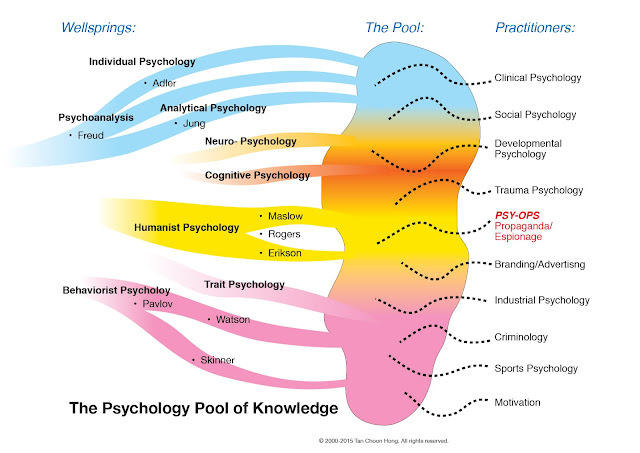How psychology is abused to brainwash children and how parents can counter it.
In this post I shall expose the psyops masterminded by unscrupulous business entities to lure innocent children to consume their products, and how parents can counsel their kids against these insidious practices.
As parents, we all want the best for our children. We want them to grow up healthy, happy, and well-adjusted individuals. Unfortunately, there are some deceitful advertisers who use psychological triggers to encourage children to buy products that are harmful to their growth and development. These products may include low nutrition snacks high in sugar and harmful fats, addictive gadgets, games and toys, faddish apparel and other goods that are not in their best interest.
 |
Image created with the aid of Dall-E at a candy store window. |
Advertisers use a variety of psychological techniques to manipulate children to open their wallets. One of the most effective strategies is through the use of celebrity endorsements. Children are often drawn hero-worshipping as part of growing up, and when they see their favourite celebrity endorsing a product, they are more likely to emulate and want to buy it. Advertisers also use persuasive language, such as "limited edition" or "must-have," to create a sense of urgency and scarcity. They use bright colours, fun music, and cartoon characters to capture the attention of children and fire up their imagination.
Another trick is to unleash peer pressure. An advertiser could create the illusion that everyone is buying their products and that children will be left out if they don't buy it. They ride on social media to create a sense of FOMO (fear of missing out) by showcasing other children enjoying their products. This pushes children to conform and buy the products as a badge of membership in a particular group.
Foods of questionable nutritive value are a significant problem when targetted at young consumers with malleable minds and rudimentary decision-making processes. Left unchecked they pose a health problem that could lead to retarded growth, dental decay, obesity, diabetes and heart disease.
Advertisements for handheld gadgets, game consoles and playthings are also heavily aimed at children. Advertisers use misleading language to evoke an aura of glamour to trigger belief that these items are essential to be admired by their peers. They harness the power of influencers on social media and online advertising to heighten urgency to possessing these products. Unfortunately, these devices can be harmful to children's growth and development if they spend too much time using them.
As parents, it is imperative that we educate our children about the negative influences of false advertising. Children need to learn how to spot dodgy advertising and understand the hidden persuaders embedded in their advertising and promotional campaigns. Here are some tips for parents to help their children be aware of undesirable influences:
1. Talk to your children about the dark side of advertising which play on their fears and anxieties.
2. Explain to them that advertisers use mind altering methods to arouse feelings of inferiority or despair for not possessing the advertised items.
3. Encourage your children to think critically about advertising. Teach them to ask questions such as, "Why do I want this product?" and "What is the company trying to sell me?"
4. Teach your children to read labels. If your child wants a particular food product, teach them to read the label and understand the nutritional information.
5. Limit screen time. Encourage your children to engage in activities that promote physical activity and creativity rather than spending all their time on gadgets and toys. A daily dose of fresh air and sunshine will do wonders for their physical and mental development.
6. Set a good example. Children learn from watching their elders, consciously or subconsciously, so it is important for parents to be role models of healthy eating and to limit their own screen time.
In conclusion, advertisers use psychology to encourage children to buy things that are not always beneficial. Parents need to educate their children to differentiate between needs and wants, the virtues of delayed gratification and the wisdom of saving. By setting a good example and encouraging critical thinking, parents can help their children make informed decisions about the products they buy.




Comments
Post a Comment